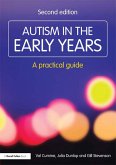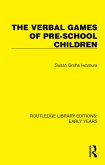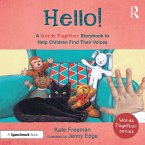Interjections play an important role in communicative as well as non-communicative contexts, and their actual linguistic value and role were underestimated and misjudged for quite a long time: Interjections are among the most little studied of language phenomena; as one looks for references to them in the works of linguists, one is struck by the fact that they are very rarely mentioned, and where they are mentioned, it is usually only briefly and cursorily (James 1973: 1, The Syntax and Semantics of Some English Interjections). Only recently have linguists delved into the subject of interjections and discovered that this particular linguistic phenomenon provides in fact ample opportunity for study and research. Moreover, with the interest in interjections the problem arose to determine what actually defines an interjection. Opinions on this point differ considerably and attempts at agreeing upon the definition of interjections have been unsuccessful so far. Yet, there are some general tendencies which will form the basis for how the term interjection is used in this paper. This study aims at gaining an insight into the acquisition of interjections in early childhood. This field has been neglected so far but merits in fact extensive and thorough inspection. This book consists of three main parts, with the first two parts forming the basis for my study in part III.: in the first part I will provide a brief overview on child language acquisition, focussing particularly on phonological development. The second part consists of a theoretical disquisition on interjections to illustrate what characteristics they have and what peculiarities they show. In the third and final part I will come to my study on the acquisition of interjections in early childhood. The database used to conduct the research for this study was CHILDES. Both the interjections produced by children and their caregivers were of interest for comparison in order to determine the role of input for the acquisition of interjections. The interjections examined in my study were Ow!, Ouch!, Phew!, Ugh!, Yuck!, Whoops! and Oops!.
Dieser Download kann aus rechtlichen Gründen nur mit Rechnungsadresse in A, B, BG, CY, CZ, D, DK, EW, E, FIN, F, GR, HR, H, IRL, I, LT, L, LR, M, NL, PL, P, R, S, SLO, SK ausgeliefert werden.









